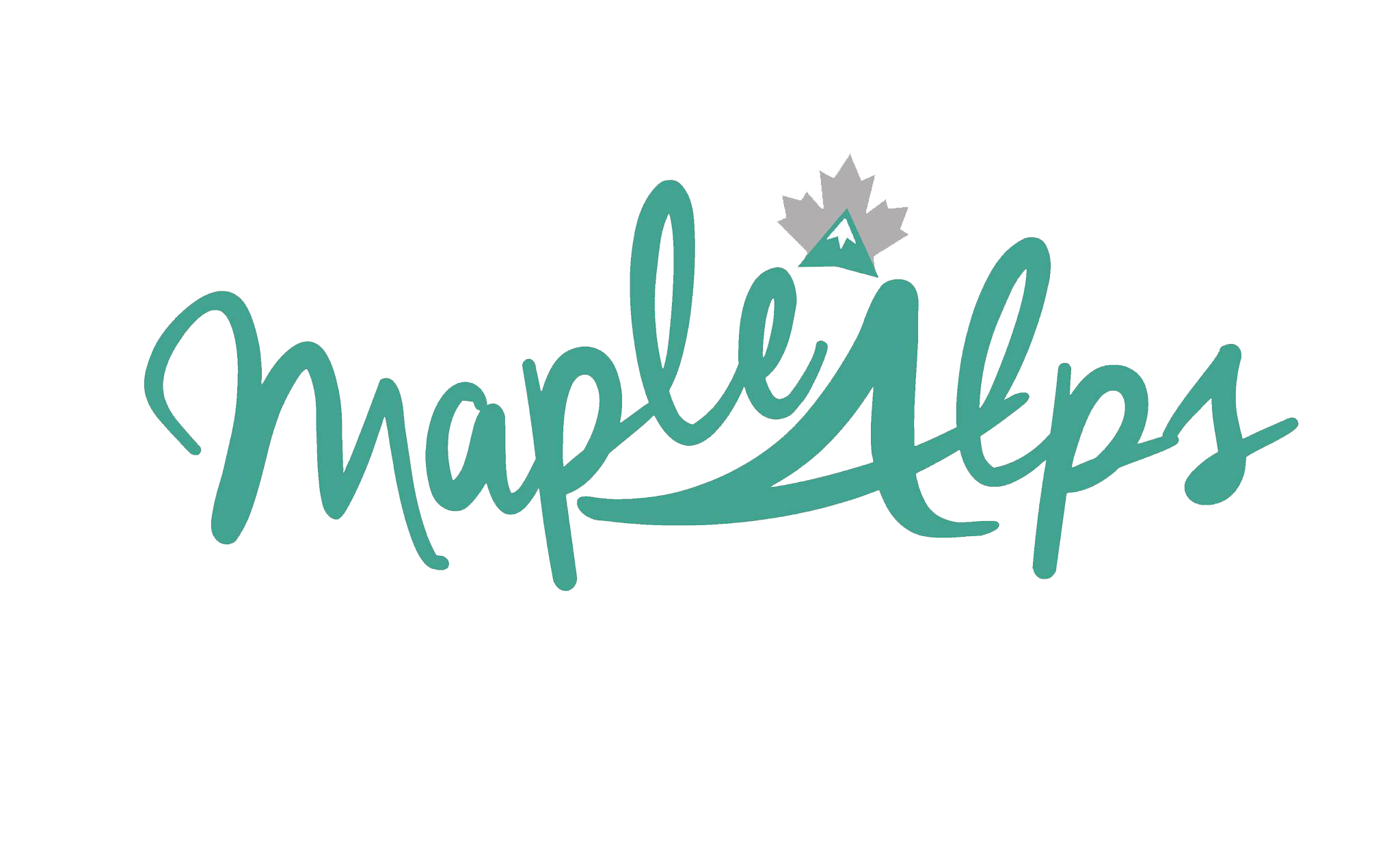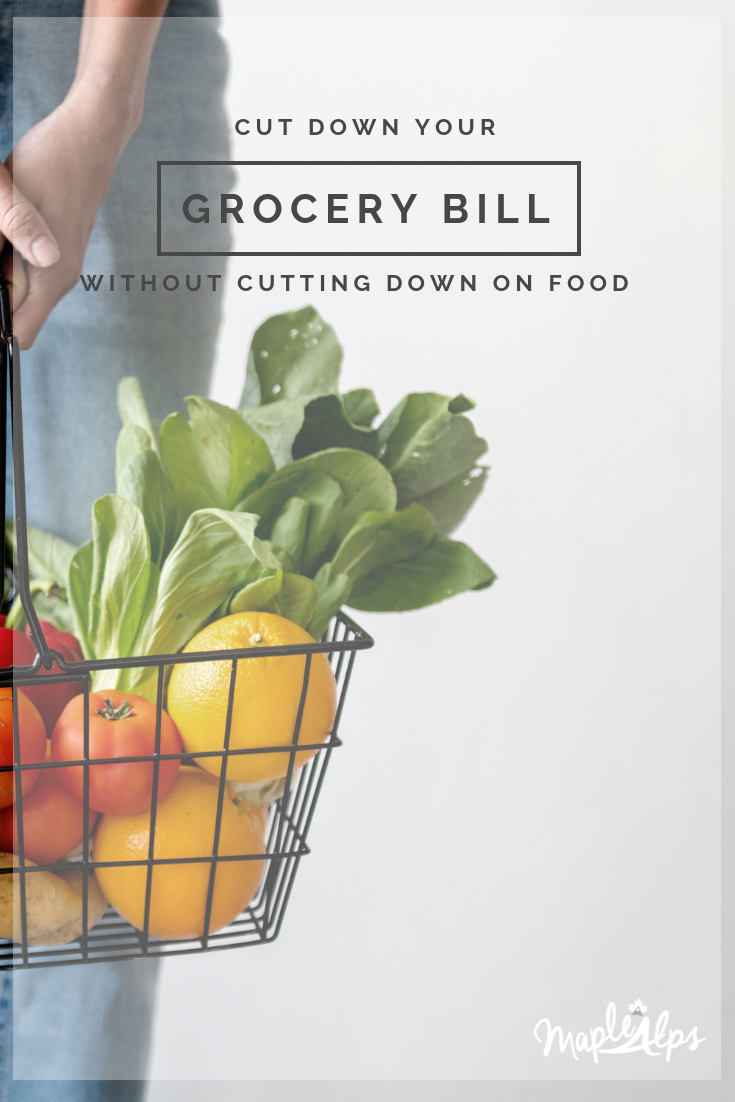We are finally debt-free! Well, not entirely. We do have a mortgage, but it doesn’t seem like debt since we would be paying rent if we didn’t have one. But anyway. I’m talking about student-loan free! I actually had a goal to have it completely paid off by the time I was 30, and I made it with over a year to spare!
I had student debt of $92,170.21 CAD (about $70,600.00 USD) in loans. I didn’t really want to make this a “how-to post.” Instead, it’s a “how-we” post. I’m just sharing how we were able to get $92K plus interest (yikes...so.much.interest) paid off in 4 years and one month (on small incomes!). I don’t think we celebrate these things enough, nor talk about them nearly enough. I feel like this was an accomplishment in my life - finally paying for the education I got, so hence the post.
A little bit of background: I would have never taken so many loans had I been educated on them. They told us about credit card debt in school, but never about student loans. Anyway, you already know I took them out. When that six month grace period was over and we needed to start paying loans back, I was not able to work. Because we were living out of the country, I was not allowed to submit that I was unable to work to hold off the interest incurring. That was a huge bummer, but we sucked it up, and started making payments - freshly married and living on one small income. Exceeeeept, they weren’t really payments. We were only able to afford barely above minimum payments, which meant we didn’t get any principal paid off. Year two rolled around, and I was finally able to work, however, I was barely making enough for groceries, so not much changed in the paying back area. I finally got a full-time job after that, and we knocked them out in 2 years after that.
So what did we do?
Well,
We faced the numbers
I feel like student loans are made complicated when it comes to paying them back. I mean, I could not get a straight number on the statements they were sending. Setting up a login so that I could see everything in depth and even making a few phone calls to the loan agents made life so much easier easier. Sure, it wasn’t pleasant seeing that huge number on the computer screen, but once we knew exactly what it was and what the numbers broke down into (principal, interest, etc.), we could come up with a solid plan. Using a loan calculator helped us make a goal and set how much we would need to pay off each month in order to succeed. That also was a little scary considering the salaries of a private school teacher and a pastor are already tiny, but we buckled down and accepted it.
We paid well above the minimum
Minimum payments are kind of a cruel thing. You basically pay the interest and don’t really end up paying anything off after months and months - even though you swear money is going in some kind of pot. Unless you are paying above the minimum, you are really not paying off the loan. My student debt was actually broken between 3 separate entities and during our repayment time, we always paid above the minimum for all three loans. How? Well,
We lived off one income
Once I finally started working, about 85% of what I made (after tithe and charitable donations) went into paying off loans. On top of that, a percentage of what the husband made also went towards loans. So nice of him, considering he had zero student debt. That meant that we continued living as we always did - on one very small income. And it meant that we were putting almost $3,000 into our loans each month. I’m so glad we had this opportunity - it definitely gave us a leg up.
We Used the Debt Avalanche Method
As I mentioned, my student debt was from 3 parties. We took an evening to do some intense math and decided to pay off the one with the highest interest first, while still putting some into the other two. It just happened to be the largest one. Sure, it took a while, but after that, it was easy to knock out the other two in that descending order as well. We had also looked into the snowball effect, but for us, doing the opposite was better, since we were determined anyway. Plus, we hated that we were paying so much interest and wanted to minimize it as soon as possible.
We budgeted
A budget was key to paying off loans quickly. With two full-time incomes, it was tempting to put the extra money toward something else instead, but we both knew we wanted freedom from the debt that was just getting larger the longer we took to pay. There was one point that we started paying a little bit less in order to save up for a downpayment on our house, but we maintained paying over the minimum payments, and by that time, the largest $40K loan had already been paid off. A budget that allowed us to save a bit was necessary. We had to get creative sometimes to stay within budget, but that’s another post for another time.
We did not incur more debt
Aside from the mortgage we got in year four, we refused to take on more unnecessary debt (of course, the mortgage was not unnecessary but more on that in a different post). For example, instead of buying a car from the lot with a payment plan during that time, we saved up for one year and purchased a used vehicle with cash instead. This saved us a lot and our car has served us well! Another thing we used was a credit card with cashback. We have never paid interest on our credit card because we never spend more than we actually have. As a result, cashback really is cashback, and we took advantage of that.
We took advantage of bonuses and gifts
Christmas bonus? Loan. Birthday cash? Loan. You get the idea. The extra amounts earned or given we were able to put in helped speed up the process of knocking the loans out.
We celebrated wins
You had better believe there was dancing involved when we hit milestones in our repayment journey. We pumped ourselves up and celebrated - because how dang exciting is getting closer (and actually seeing that you’re getting closer) to your goals!? Extremely.
We gave
We are fully of the opinion (and I think fact) that God takes care of us when we are faithful. We decided from the very beginning to be faithful and return a 10% tithe on everything we earned. There were so many times the numbers in our bank account didn’t make sense; it seemed like we had more than we should many times. And it still is that way. Jesus’ math doesn’t make sense sometimes, but I am grateful!
Did you take out a student loan? How did you approach paying it off when the time came to do so?

































![How To Cook [Garbanzo] Beans - Using a Pot, Instant Pot, or Slow Cooker](https://images.squarespace-cdn.com/content/v1/567965e369a91ad609246ebc/1531275735371-PREAXNB0J3B2YSLBJRIM/garbanzo-4.jpg)



